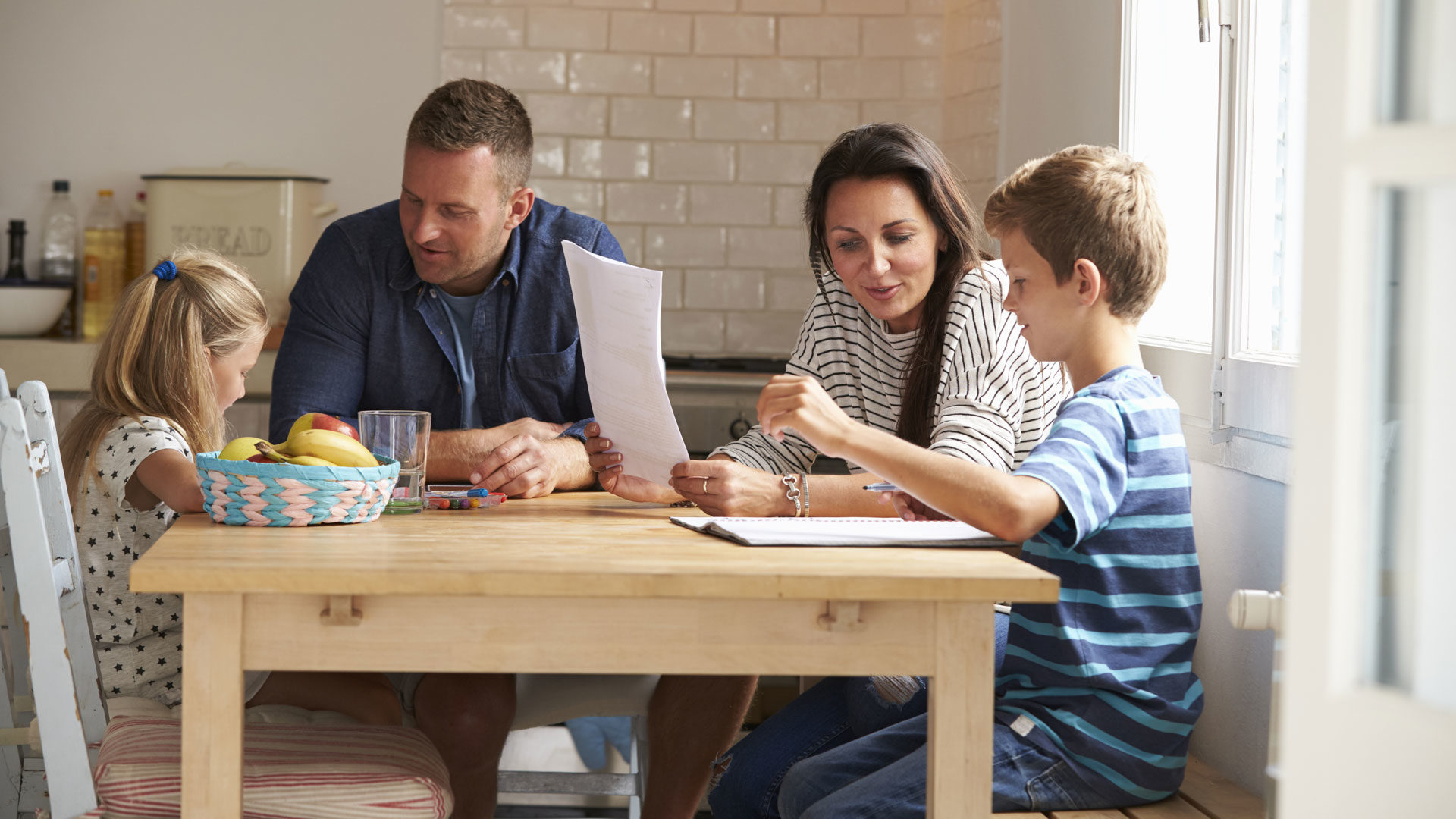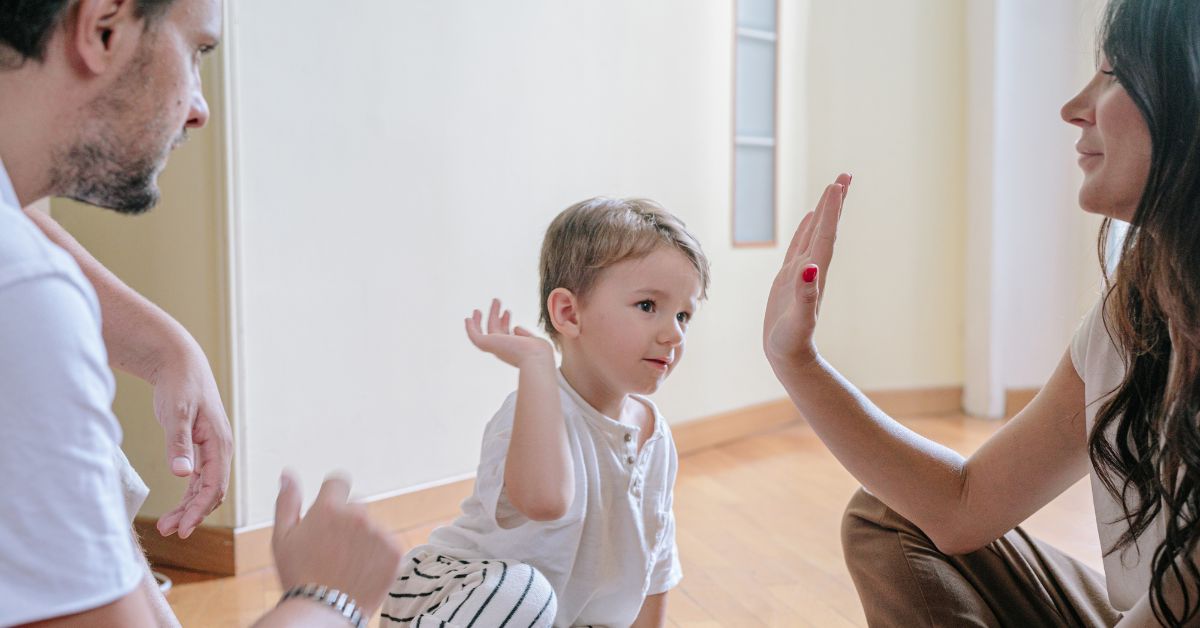Exploring Mental Health Therapy for Parenting Challenges
When facing parenting challenges, mental health therapy offers essential tools and strategies to navigate the complexities of raising children. You can benefit from mindfulness techniques for better interactions and stress management strategies to handle pressures effectively. Joining parenting support groups can provide you with a strong community and validation, while enhancing your self-awareness through exercises can lead to more thoughtful responses. Therapy equips you with the necessary skills to address various parenting hurdles and improve your overall well-being and family dynamics. Understanding these benefits can lead to a more fulfilling parenting journey.
Key Takeaways
- Therapy equips parents with valuable tools for handling parenting challenges effectively.
- Mindfulness techniques aid in managing stress and improving parent-child interactions.
- Joining parenting support groups offers community, validation, and shared experiences.
- Self-awareness exercises lead to thoughtful responses and better understanding in parenting situations.
- Seeking professional help when needed is important for addressing and managing parenting stress.
Benefits of Mental Health Therapy

Wondering how mental health therapy can positively impact your parenting challenges? Through mindfulness techniques, stress management strategies, self-awareness exercises, and parenting support groups, therapy offers a holistic approach to improving your parenting skills.
By incorporating mindfulness techniques into your daily routine, you can learn to be present in the moment, leading to better interactions with your children. Stress management strategies taught in therapy sessions can help you cope with the pressures of parenting more effectively.
Self-awareness exercises provided in therapy enable you to understand your emotions and reactions better, allowing for more thoughtful and intentional responses to your children’s behaviors. Additionally, joining parenting support groups can offer a sense of community and validation, knowing that you aren’t alone in facing parenting challenges.
Therapy provides a safe space to explore your feelings and thoughts about parenting, equipping you with valuable tools to navigate the complexities of raising children.
Understanding Parenting Stress

Parenting stress can manifest in various ways, impacting your well-being and relationships with your children. Juggling the demands of parenting, work, and personal life can lead to feelings of overwhelm, irritability, and exhaustion. This stress can affect your mental and physical health, as well as your ability to connect with your children in a positive way.
It’s essential to recognize the signs of parenting stress and prioritize self-care techniques to manage it effectively. Engaging in self-care activities such as exercise, meditation, or seeking social support can help reduce stress levels and improve your overall well-being.
Taking breaks when needed, setting realistic expectations for yourself, and seeking professional help when necessary are crucial steps in addressing parenting stress.
Coping Strategies for Parents
Managing the challenges of raising children can be overwhelming, but implementing effective coping strategies is essential for maintaining your well-being.
Stress management plays an important role in dealing with the ups and downs of parenting. Finding ways to reduce stress, such as practicing mindfulness, engaging in physical activity, or taking short breaks when needed, can help you better cope with the demands of parenthood.
Additionally, seeking parenting support from friends, family, or support groups can provide you with a sense of community and understanding, making you feel less isolated in your struggles.
Remember that it’s okay to ask for help when you need it. Parenting is a challenging journey, and no one expects you to have all the answers. Taking care of yourself isn’t only beneficial for your own mental health but also for your children.
Communication Skills Improvement

You can enhance your parenting journey by honing your communication skills. Effective listening techniques can help you truly understand your child’s needs and feelings.
Conflict resolution strategies and empathy-building exercises can foster a healthier connection with your child.
Effective Listening Techniques
How can you enhance your communication skills through the practice of effective listening techniques in order to strengthen your relationships with your children during challenging parenting situations?
Active listening, a fundamental aspect of effective communication, involves fully concentrating on what your child is saying, understanding their message, and responding thoughtfully. By actively listening to your child, you show them that their thoughts and feelings are valued, fostering a deeper connection and trust.
Emotional validation is another essential component of effective listening. When your child expresses their emotions, acknowledge and validate their feelings, even if you don’t necessarily agree with them. Validating their emotions helps them feel understood and supported, leading to improved communication and a more positive parent-child relationship.
Incorporating active listening and emotional validation into your interactions with your children can help you navigate challenging parenting situations with empathy and understanding, ultimately strengthening your bond and promoting open communication.
Conflict Resolution Strategies
By implementing proven conflict resolution strategies, you can enhance your communication skills and effectively navigate challenging situations in your parenting journey.
Conflict resolution techniques are essential in managing parenting stress and fostering a harmonious environment for your family. Effective communication plays a pivotal role in resolving conflicts constructively. When engaging in discussions with your partner or children, active listening and clear expression of thoughts are necessary.
Incorporating empathy building into your conflict resolution approach can help you understand different perspectives and strengthen relationships. It’s fundamental to validate the feelings of both yourself and others involved in the conflict. By acknowledging emotions and showing understanding, you create a space for open dialogue and mutual respect.
Remember that conflicts are a natural part of any relationship, including parenting. By mastering conflict resolution techniques and enhancing your communication skills, you can navigate disagreements positively, leading to a healthier and more connected family dynamic.
Empathy Building Exercises
Engaging in empathy-building exercises can greatly enhance your communication skills and foster deeper understanding in your relationships. Role-playing exercises can be a powerful tool in developing empathy by allowing you to step into the shoes of others and see situations from different perspectives. By actively listening to the thoughts and feelings of your partner or child, you can show that you value their experiences and emotions, thereby building trust and connection.
Building empathy also involves emotional regulation, where you learn to manage your own emotions effectively to better understand and respond to the feelings of others. This skill can be honed through exercises that focus on recognizing and controlling your emotional responses in various situations.
Incorporating these empathy-building techniques into your daily interactions can lead to more harmonious relationships and effective communication within your family.
Setting Boundaries and Routines

Establishing clear boundaries and consistent routines is essential in creating a stable and nurturing environment for both you and your child. Behavior modification techniques can be employed to reinforce positive behaviors and discourage negative ones. By setting clear expectations and consequences, you provide your child with a structured framework within which they can thrive.
Effective time management skills play a vital role in maintaining these boundaries and routines. Allocating specific times for activities such as meals, play, homework, and bedtime can help bring a sense of predictability and security to your child’s day.
Research suggests that children raised in environments with well-defined boundaries and consistent routines tend to exhibit higher levels of self-discipline and emotional regulation. These skills are invaluable for their overall development and well-being.
Managing Parental Guilt and Anxiety
Managing through feelings of guilt and anxiety as a parent can be overwhelming, but it’s essential to address these emotions for your well-being and your child’s development.
Parental guilt often stems from unrealistic expectations or comparing oneself to others. To manage guilt, practice self-compassion and remind yourself that it’s okay not to be perfect. Set realistic goals, prioritize tasks, and focus on the positive aspects of your parenting. Engage in self-care activities that rejuvenate you, whether it’s reading a book, going for a walk, or practicing mindfulness.
Anxiety, on the other hand, can manifest in various ways such as constant worrying or feeling overwhelmed. To reduce anxiety, try deep breathing exercises, meditation, or yoga to promote relaxation. Establishing a support system with friends, family, or a therapist can also provide a safe space to express your feelings. Utilize coping strategies like time management, delegating tasks, and seeking professional help when needed.
Co-Parenting Dynamics and Challenges

Managing co-parenting dynamics and challenges requires open communication and mutual understanding between all parties involved. Setting clear co-parenting boundaries is essential to establish expectations and maintain a healthy dynamic. Conflict resolution skills play a vital role in addressing disagreements that may arise between co-parents. Research suggests that effective communication strategies are key to successful co-parenting.
In blended family dynamics, where multiple parental figures are involved, it’s important to prioritize unity and consistency in parenting approaches. This can help create a stable environment for children and reduce confusion. Regular family meetings or check-ins can be beneficial for discussing schedules, rules, and any concerns that may arise.
Role of Self-Care in Parenting
Prioritizing self-care is essential for maintaining your well-being as a parent and effectively managing the demands of parenting. As a parent, it’s important to recognize that taking care of yourself isn’t selfish but necessary for your overall health and ability to care for your children.
Engaging in activities that promote stress relief, such as mindfulness exercises, regular exercise, or hobbies you enjoy, can help you recharge and better cope with the challenges of parenting.
Effective time management is another critical aspect of self-care for parents. Setting boundaries, establishing routines, and delegating tasks can help you create a more balanced lifestyle. Allocating time for yourself, whether it’s for relaxation or pursuing personal interests, is crucial for preventing burnout and enhancing your well-being.
Impact of Therapy on Family Dynamics

Therapy can have a profound impact on family dynamics, fostering stronger bonds and enhancing communication skills. Through therapy, families often experience improved relationships and a deeper understanding of each other’s perspectives.
Counseling can facilitate positive changes in how family members interact, leading to a more cohesive and supportive family unit.
Family Bonding After Therapy
Enhancing family bonds post-therapy involves fostering open communication and cultivating a supportive environment for continued growth and healing. Engaging in family activities can play a pivotal role in strengthening these bonds. By spending quality time together, families can create lasting memories and deepen their emotional connection. Such activities not only promote emotional healing but also facilitate connection maintenance.
Trust rebuilding is another vital aspect after therapy. It requires patience and understanding from all family members. Encouraging open dialogue about feelings and concerns can help rebuild trust that may have been strained. Acknowledging past challenges and working together towards solutions can foster a sense of unity and trust within the family unit.
Family bonding after therapy is a continuous process that requires effort from everyone involved. By prioritizing open communication, participating in family activities, and actively working on trust rebuilding, families can create a supportive environment where healing and growth can thrive.
Communication Improvement Through Counseling
Improving family communication dynamics through counseling can lead to long-lasting positive changes in how family members interact and relate to one another. Relationship building and trust building are essential components of effective communication within a family unit. Therapy provides a safe space for family members to express themselves openly, fostering understanding and empathy among individuals.
Through guided discussions and activities, family members can learn to communicate more effectively, leading to improved relationships and a stronger sense of connection.
Conflict resolution and problem-solving skills are also honed through counseling sessions. Families can learn how to address disagreements constructively, listen actively to one another, and work together towards mutually beneficial solutions. By practicing these skills in therapy, family members can carry them over into their daily interactions outside of the counseling setting.
Ultimately, communication improvement through counseling not only enhances how family members communicate with each other but also strengthens the overall family dynamic, promoting harmony and emotional well-being for all involved.
Long-Term Benefits for Parents and Children

Experience the lasting positive impact mental health therapy can have on both parents and children, fostering stronger relationships and healthier family dynamics over time. Through therapy, parents can develop parenting resilience, the ability to adapt and thrive in the face of challenges, enhancing their capacity to handle stress and uncertainty effectively. This resilience not only benefits parents but also creates a more stable and supportive environment for children to grow and thrive.
Moreover, mental health therapy aids parents in improving their emotional regulation skills, enabling them to manage their own emotions in a healthy and constructive manner. This enhanced emotional regulation not only fosters a more positive parental presence but also serves as a model for children, teaching them valuable skills for managing their feelings and behaviors.
Frequently Asked Questions
How Can Mental Health Therapy Improve Overall Family Relationships?
To improve overall family relationships, mental health therapy offers valuable tools. Learn communication strategies, coping techniques, and emotional regulation. Understand relationship dynamics better. Therapy helps you navigate challenges and strengthen connections within your family.
Is There a Recommended Frequency for Therapy Sessions?
For therapy to be most effective, maintaining consistency is key. Regular sessions help track progress and build momentum. Generally, weekly sessions are recommended, but your therapist may adjust based on your needs and goals.
Can Therapy Help With Specific Parenting Styles or Approaches?
Therapy can definitely assist with refining specific parenting styles like attachment parenting or authoritative parenting. It provides tools to enhance communication, set boundaries, and understand your child’s needs better, fostering a healthier parent-child relationship.
Are There Resources for Parents Who Cannot Afford Therapy?
If you can’t afford therapy, seek community support through parenting workshops. Utilize online resources and self-help books for guidance. Remember, you’re not alone, and there are various avenues to find help and improve your parenting skills.
How Do Therapists Ensure Confidentiality in Family Therapy Sessions?
In family therapy sessions, therapists guarantee confidentiality through clear boundaries and a foundation of trust. Privacy is upheld with professionalism and ethical standards. Your therapist provides a safe space where you can share openly.
Conclusion
As you navigate the challenges of parenting, remember that mental health therapy can provide invaluable support and guidance.
By addressing your parenting stress, improving communication skills, and setting boundaries, you can create a healthier family dynamic.
Co-parenting challenges can be tackled with the help of therapy, leading to long-term benefits for both you and your children.
Remember to prioritize self-care and seek professional help when needed to foster a positive parenting journey.

Hey there! 👋 I’m a proud mom and passionate writer, sharing my parenting journey. 📝 Join me as I navigate the ups and downs of motherhood, offering tips, advice, and a sprinkle of humor along the way. 🌟







